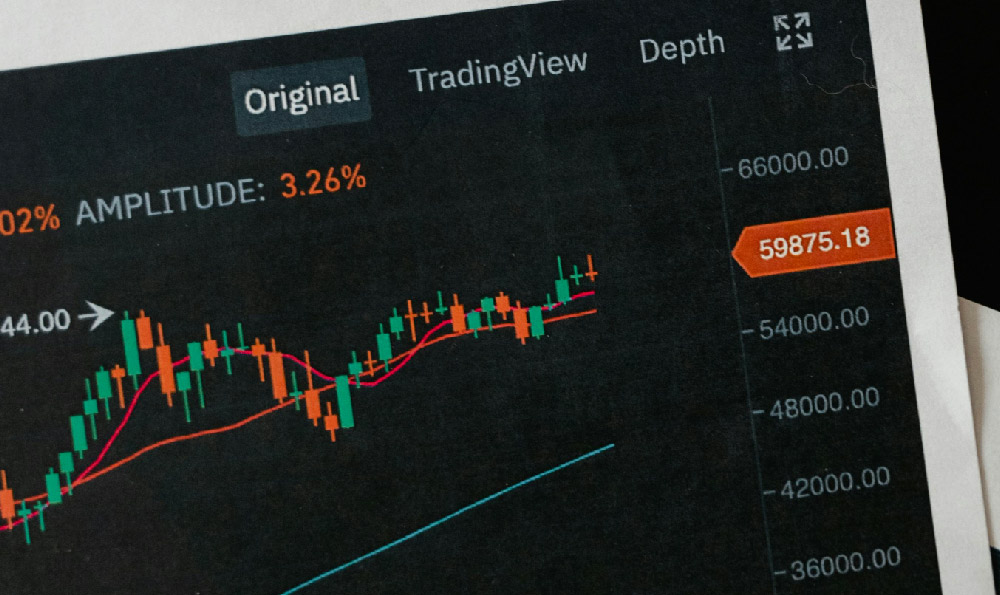Jay-Z's journey from the Marcy Projects to becoming a billionaire business mogul is a testament to his exceptional talent, unwavering work ethic, and shrewd understanding of the intersection between art, business, and cultural trends. While his lyrical prowess and undeniable charisma launched his career, it was his strategic approach to investing, branding, and ownership that truly cemented his wealth and influence. Understanding his path requires examining a combination of factors, including his entrepreneurial spirit, diversification strategies, and long-term vision.
One of the fundamental elements of Jay-Z's financial success lies in his entrepreneurial spirit. He didn't just want to be a performer; he wanted to control his own destiny. Faced with limited opportunities early in his career, he, along with Damon Dash and Kareem "Biggs" Burke, famously co-founded Roc-A-Fella Records in 1995. This was a pivotal moment. Instead of relying on established record labels, he bet on himself and his vision, funding the label independently and controlling the distribution and marketing of his music. This move allowed him to retain a significant portion of the profits from his albums, a stark contrast to the standard record deal where artists typically receive a smaller percentage. Roc-A-Fella wasn't just about Jay-Z; it also launched the careers of other influential artists, further solidifying its financial success and cultural impact. The eventual sale of Roc-A-Fella to Def Jam Recordings for a reported $10 million in 2004 marked a significant financial milestone and provided capital for future ventures. More importantly, it demonstrated his ability to build a valuable asset and strategically exit for profit.
Beyond music, Jay-Z recognized the importance of diversification. He understood that relying solely on one revenue stream, even a successful one, was risky. This led him to explore various business ventures across different industries. One of his early forays into diversification was Rocawear, a clothing line founded in 1999. Recognizing the power of his own brand and influence, Jay-Z leveraged his celebrity status to promote the clothing line, which quickly gained popularity and became a major player in the streetwear market. The sale of Rocawear to Iconix Brand Group in 2007 for a reported $204 million was another significant financial win, showcasing his ability to build a successful brand and monetize it effectively. This demonstrated a core tenet of successful wealth creation: identifying market opportunities, building a strong brand, and strategically exiting when the time is right.

His investment portfolio extends far beyond fashion and music. He has invested in a range of companies, including technology startups, real estate, and the fine arts. He acquired Armand de Brignac champagne, often referred to as "Ace of Spades," and significantly increased its brand value through strategic placement in music videos and high-profile events. He later sold a 50% stake in Armand de Brignac to LVMH, further demonstrating his ability to identify undervalued assets, improve their brand perception, and then capitalize on their increased value. Similarly, his investment in Uber early on proved to be incredibly lucrative. These investments demonstrate his understanding of market trends and his ability to identify companies with high growth potential. This willingness to invest in diverse sectors, even those outside of his immediate expertise, is a key characteristic of successful investors.
Jay-Z's success isn't just about making money; it's also about owning the means of production and controlling his own narrative. He co-founded Roc Nation, a full-service entertainment company that includes a record label, talent management agency, and sports management division. This vertically integrated approach allows him to control various aspects of the entertainment industry, from artist development to distribution. By owning the infrastructure, he captures a larger share of the value created and has greater control over the direction of his ventures.
A crucial element often overlooked in analyzing Jay-Z's financial success is his long-term vision. He hasn't chased short-term gains but has instead focused on building sustainable businesses and creating lasting value. His investments in companies like Uber and his acquisitions like Armand de Brignac are examples of this long-term thinking. He understands that building wealth requires patience, discipline, and a willingness to invest in the future. He consistently reinvests his earnings back into his businesses and new ventures, creating a cycle of growth and wealth accumulation.
Furthermore, Jay-Z understands the power of strategic partnerships. His collaboration with renowned figures and established companies has been instrumental in his success. Partnering with LVMH for Armand de Brignac, for instance, provided access to expertise, distribution networks, and capital that he couldn't have achieved on his own. These partnerships demonstrate his understanding of the value of collaboration and the importance of leveraging the strengths of others to achieve common goals.
Finally, Jay-Z's consistent reinvention and adaptation have been critical to his sustained success. He has evolved his music and business strategies over time, staying relevant and ahead of the curve. He understands that the market is constantly changing, and he has consistently adapted his approach to remain competitive. This willingness to learn, innovate, and embrace new opportunities is a hallmark of successful entrepreneurs.
In conclusion, Jay-Z's wealth is not solely attributed to his musical talent. It’s the culmination of his entrepreneurial spirit, diversified investment portfolio, strategic brand building, ownership mentality, long-term vision, savvy partnerships, and unwavering adaptability. He serves as a prime example of how talent combined with business acumen and a commitment to ownership can lead to unparalleled financial success. His journey is a masterclass in wealth creation, demonstrating the importance of strategic thinking, diversification, and a relentless pursuit of one's own vision.












